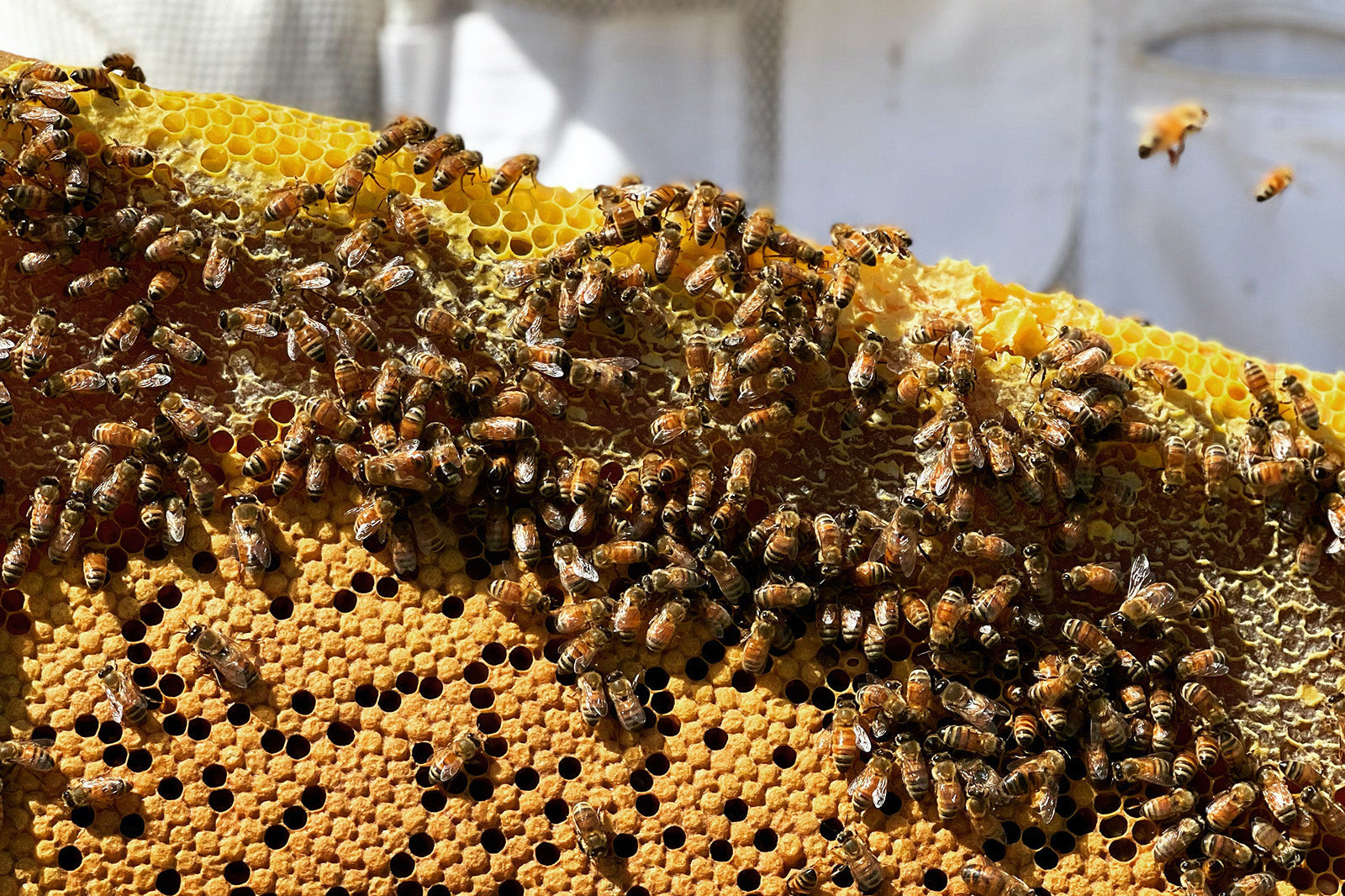Sustainable beekeeping is the practice of managing honeybee colonies in a way that promotes their health and productivity, while also minimizing negative impacts on the environment. Here are some key principles of sustainable beekeeping:
First, sustainable beekeepers prioritize the health and welfare of their bees. This includes using natural and non-toxic methods for disease and pest control, providing a diverse range of plants for foraging, and minimizing stress on the bees during hive inspections.
Second, sustainable beekeepers prioritize the health of the ecosystem. This includes choosing hive locations that are not disruptive to native plant and animal populations, avoiding the use of pesticides and other chemicals that can harm bees and other pollinators, and practicing responsible hive management to prevent the spread of diseases to wild bee populations.
Third, sustainable beekeepers prioritize the quality of their honey and other bee products. This includes using organic and non-GMO plant sources for foraging, harvesting honey in a way that minimizes harm to the bees and preserves their natural behavior, and avoiding over-harvesting to ensure the health and survival of the colony.
Fourth, sustainable beekeepers prioritize education and outreach to promote public awareness and understanding of bees and their vital role in our ecosystem. This includes offering tours and workshops to the public, partnering with local schools and community groups to promote beekeeping and pollinator habitat, and advocating for policies that support sustainable beekeeping practices.
In conclusion, sustainable beekeeping is a holistic approach to managing honeybee colonies that prioritizes the health of the bees, the ecosystem, and the quality of the honey and other bee products. By practicing sustainable beekeeping, we can help protect and promote the vital role of bees in our environment, while also enjoying the many benefits of high-quality, sustainably produced honey and other bee products.









